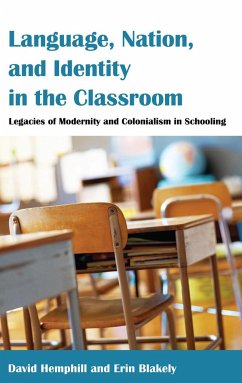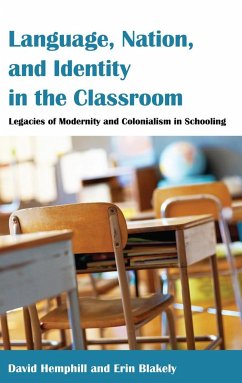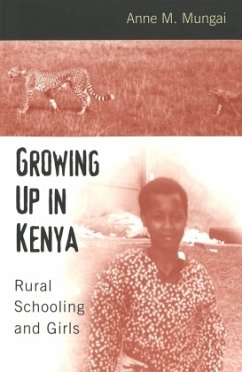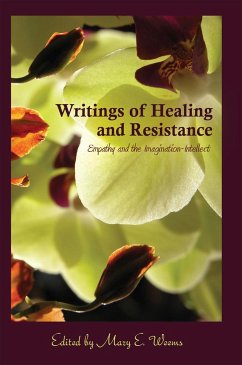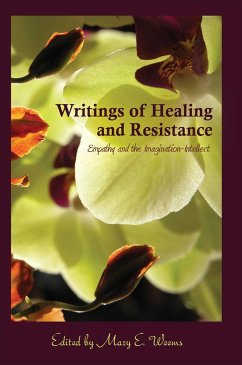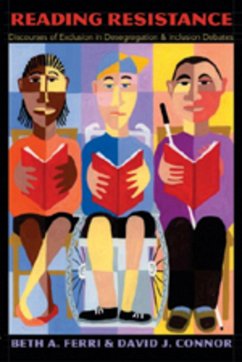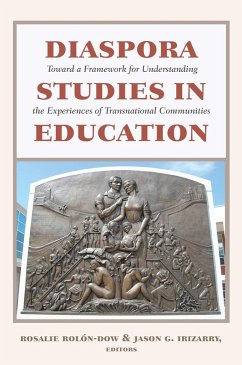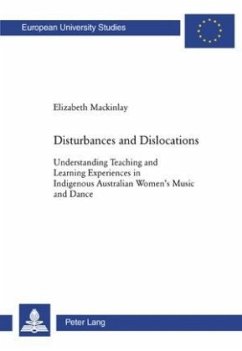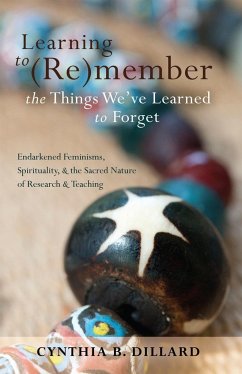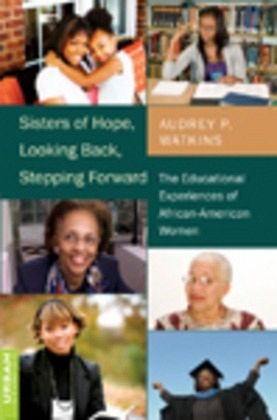
Sisters of Hope, Looking Back, Stepping Forward
The Educational Experiences of African-American Women
Versandkostenfrei!
Versandfertig in 6-10 Tagen
40,50 €
inkl. MwSt.

PAYBACK Punkte
0 °P sammeln!
This book documents the critiques and theorizings that working-class African-American women have drawn from their educational experiences. Based on a study of five African-American females enrolled in an employer-sponsored workplace speech and language training program, the book presents lessons learned from participants' efforts to negotiate effects of race, class, and gender discrimination both in and out of school. Particularly relevant to the field of education, participants provide insight - on the roles of teachers and schools, instruction, expectations, motivation, race and education, e...
This book documents the critiques and theorizings that working-class African-American women have drawn from their educational experiences. Based on a study of five African-American females enrolled in an employer-sponsored workplace speech and language training program, the book presents lessons learned from participants' efforts to negotiate effects of race, class, and gender discrimination both in and out of school. Particularly relevant to the field of education, participants provide insight - on the roles of teachers and schools, instruction, expectations, motivation, race and education, educational experiences at work, and relevant education - to inform and help effect change.
Because of its interdisciplinarity, Sisters of Hope, Looking Back, Stepping Forward is an asset for a variety of courses that seek to be inclusive of the educational experiences and theorizings of marginalized groups. Its insights on race, class, gender, marginalization, and inequality are relevant to courses in areas such as African-American studies, women's studies, ethnic studies, multicultural education, sociolinguistics - black Englishes, history, oral history/autobiography, communication, and religion.
Because of its interdisciplinarity, Sisters of Hope, Looking Back, Stepping Forward is an asset for a variety of courses that seek to be inclusive of the educational experiences and theorizings of marginalized groups. Its insights on race, class, gender, marginalization, and inequality are relevant to courses in areas such as African-American studies, women's studies, ethnic studies, multicultural education, sociolinguistics - black Englishes, history, oral history/autobiography, communication, and religion.



